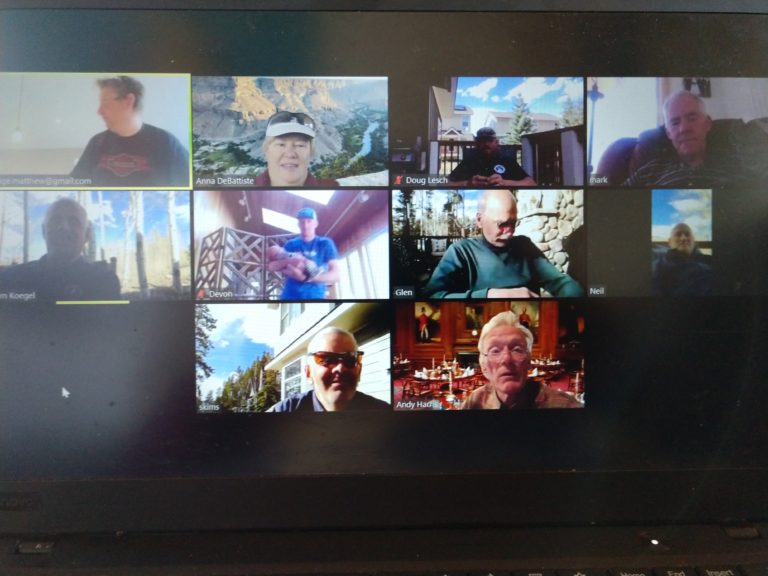I facilitated a customer service workshop recently that reinforced something I’ve always believed: you can’t train for customer service orientation, you can only hire for it. That doesn’t mean that you shouldn’t do customer service training; once you have the right people in place, giving them tools and techniques to work with is crucial. But if you’ve got the wrong people in place, you can’t fix that or even substantially improve it with training.
The class I taught was an “open enrollment” class, so in theory, anyone in the organization could have signed up. During the introductions, however, it became clear that most of them had not signed up on their own. Their supervisors had sent them.
How do I know they were the “wrong people” for the job? It certainly sounds like an arrogant thing to say based on a mere day’s interaction with them. But the discussion in that room always turned to the concept of the unreasonable customer. Customers didn’t read the directions, they didn’t listen, they didn’t use the FAQ, they didn’t go online and do what they were supposed to do. Then they got mad because the employees they called couldn’t or wouldn’t help them. The frustration in the room was palpable, and it was obvious that my participants were not looking for tools and techniques to help them meet their customers needs; they were looking for tools and techniques to make their customers go away. Some of them were even convinced that their customers had bad intentions; that they actually meant to make the customer service providers angry or frustrated.
At one point I gave instructions for an exercise and I noticed that no one was listening. They were starting in on the first part of the exercise instead of waiting to hear instructions for the second part. I’m used to that, and usually I break in during the exercise and repeat instructions for the second part of the activity because I know they were anxious to get started and didn’t listen the first time. I thought about ways that I might make a connection between what they were doing themselves at that moment, and what they seemed unable to understand or forgive in their customers. As hard as I thought about it, I couldn’t come up with a way to make my point that wouldn’t put them on the defensive, and ultimately be ineffective or even counterproductive. I let it go.
Can trainees like this get anything at all out of a customer service workshop? Sure. Maybe a trick or two to calm an upset customer, or to manage one’s own stress. But the bottom line, I believe, is that these folks were in the wrong jobs. You simply can’t take a task-oriented person with a short fuse and turn them into a patient, caring “people person” by sending them to training.
What you can do is use the right selection processes and standards to hire people who love customer service and have the temperament to do it well, and then send them to training to learn some tricks of the trade. I’m convinced that this is a much better use of an organization’s time and money; if you want to bring in an outside consultant, bring them in to work with your hiring process first.
Your thoughts?

4 Comments
I agree with you completely. Too many companies hire customer service reps based on whether or not they have a pulse and completely forget about factors such as talent and temperament. Good job, Anna!
Thanks Renee!
Brilliant Anna!
I so agree with you and moreover, in the way you have cleaarly communicated your message.
I have always believed, metaphorically speaking, with no biases, you can train horses for the derby, but one cannot make horses out of donkeys.
The selection process plays a very important part in hiring customer service professionals. The question that comes to my mind is, besides ones objective judgement, is there a scientific tool (like the MBTI or JUNG assessment) based on which one can tell what individual will make a good CSR (Customer service rep)
For instance let’s talk about youngsters looking for their first job. How does one know his ‘inner attitude’ towards serving customers?
Thanks for the wonderful article Anna. Made intellectual read.
Thanks Nishith–I love the horse/donkey analogy! As to your question, I’m afraid I have no answers. I’d be interested to hear what others think about using personality or behavioral testing. As for me, back when I was an in-house HR director working in the hospitality industry, my method was to notice great service providers while I was traveling and slip them my business card in hopes of stealing them away…